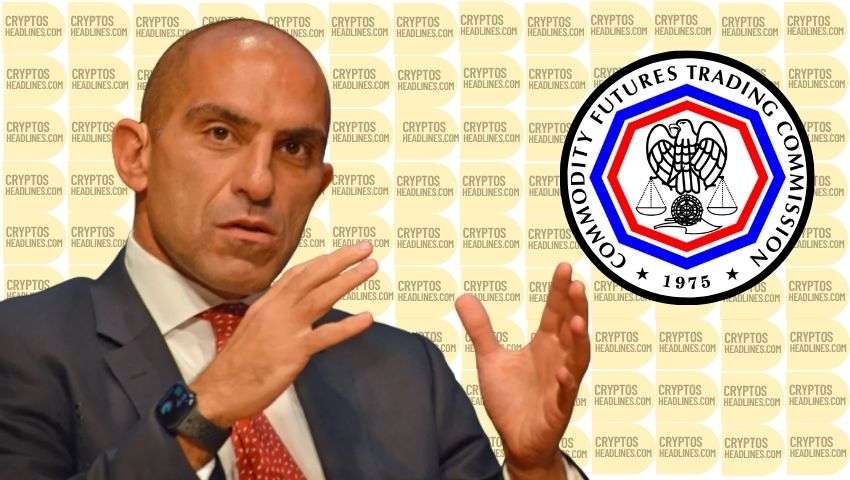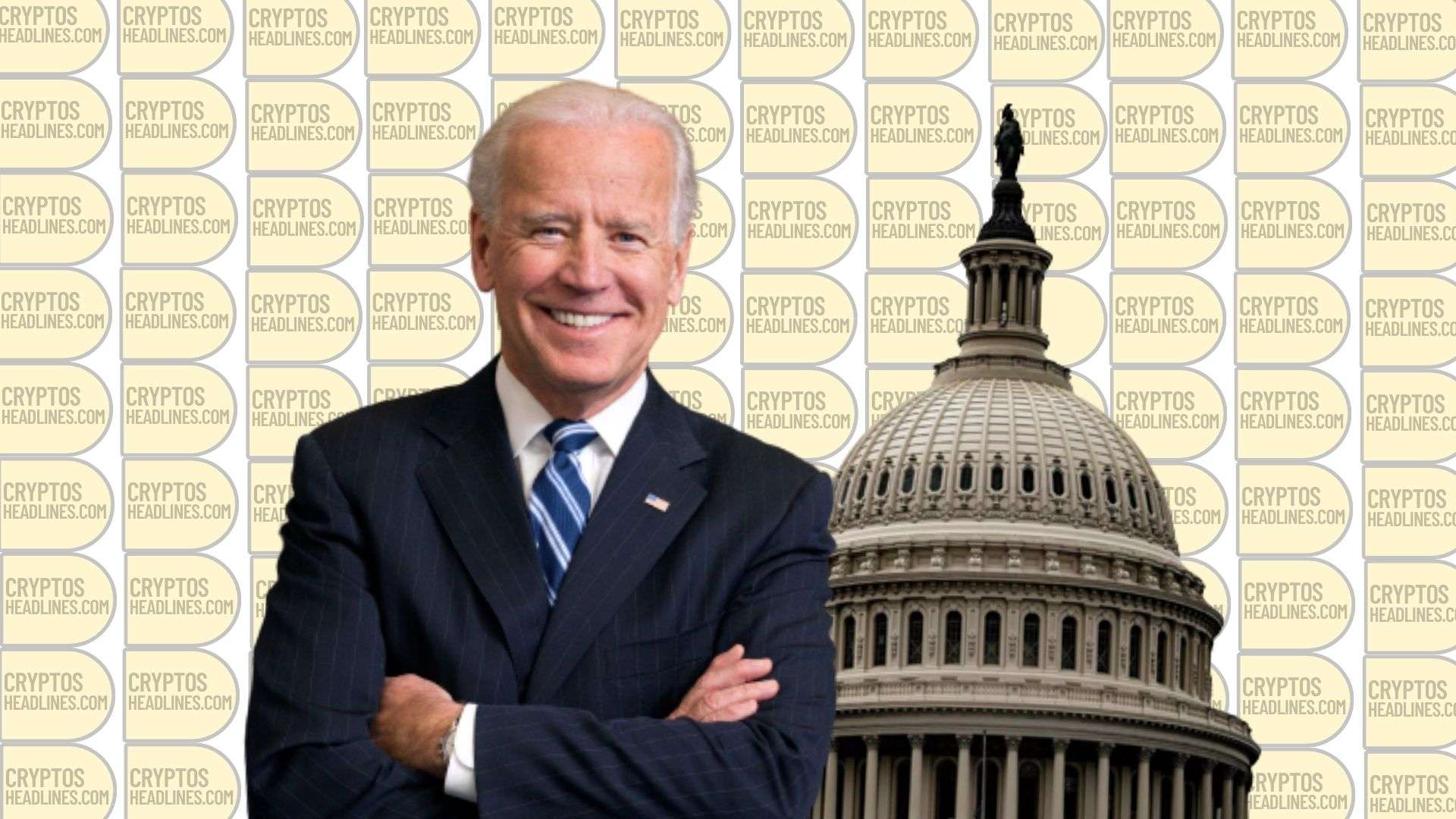On Tuesday, the International Organization of Securities Commissions (IOSCO) invited the public to provide feedback on its policy recommendations for crypto and digital asset markets.
The 18 policy recommendations address various concerns related to crypto, including market abuse, conflict of interest, protection of client assets, disclosures, and risks associated with cryptocurrencies.
In the previous year, an international policy forum consisting of securities regulators from approximately 130 countries formed a Fintech Task Force (FTF). The purpose of this task force is to develop the regulatory agenda for fintech and cryptocurrencies within IOSCO. The FTF is chaired by the Monetary Authority of Singapore and includes 27 out of 33 board member jurisdictions.
Also Read This: Governance Bug Temporarily Blocks Aave V2 Users from $120M on Polygon
As part of the Fintech Task Force, there are two working groups. One of these groups, led by the U.K.’s Financial Conduct Authority, was expected to release recommendations for crypto assets this year. The other group, led by the U.S. Securities and Exchange Commission, focused on decentralized finance (DeFi).
There has been a renewed push for stricter regulations in the crypto industry by global standard-setters. This comes after the collapse of stablecoin issuer Terra and crypto exchange FTX last year. The Financial Action Task Force (FATF), an international organization combating financial crimes, recently urged the Group of Seven (G-7) advanced economies to take the lead in implementing its recommended measures to prevent money laundering.
Jean-Paul Servais, the chairperson of IOSCO, stated in a press release, “The recent communiqué by G-7 Finance Ministers and Central Bank has emphasized the need to address the regulatory uncertainty surrounding crypto activities. The consultation paper we are releasing today has received unanimous support from the IOSCO Board. It is the result of extensive analysis of regulatory risks, sharing of information, and building regulatory capacity.”
In the meantime, the Financial Stability Board (FSB) is preparing to release recommendations for stablecoins later this year. The upcoming global regulations for cryptocurrencies will be based on a synthesis paper jointly developed by the FSB and the International Monetary Fund (IMF).
The opportunity for public input and feedback on the recommendations will end on July 31.
Important: This article is intended solely for informational purposes. It should not be considered or relied upon as legal, tax, investment, financial, or any other form of advice.











